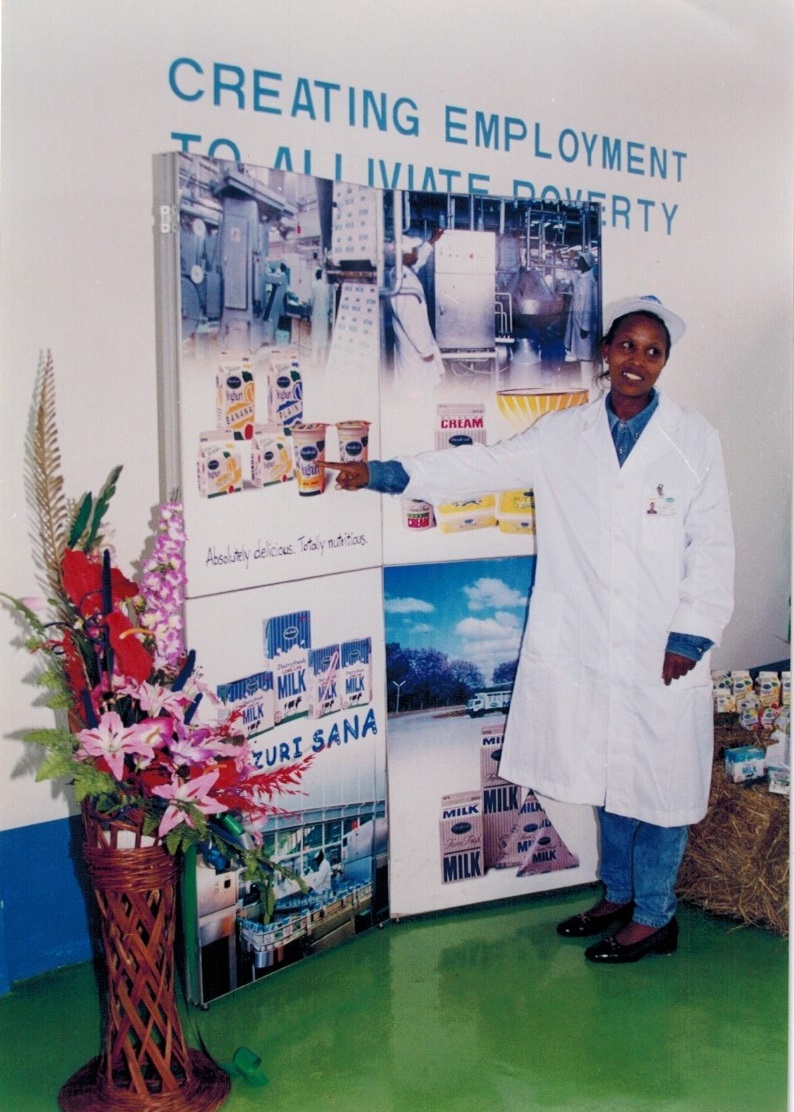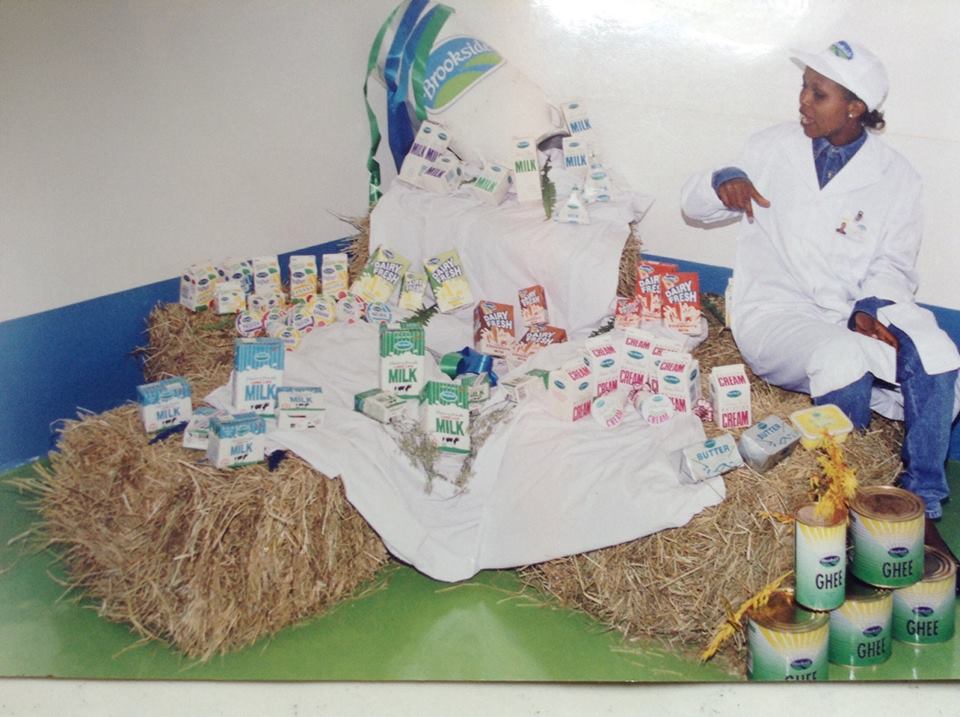
As it appeared in the Daily Nation on September 10th 2019
Dr. Lucy Kiruthu
From the days of Lord Egerton eight decades ago, Egerton University has been a renowned college for courses in agriculture. In the 90s, more than half of the students were studying agriculture-related courses. In the faculty of agriculture where I was an undergraduate student, there were many courses on offer. Agricultural engineering, agriculture, agricultural economics, agribusiness, dairy and food technology, agricultural economics, horticulture, animal production among others. On the side, some of my student colleagues within the faculty were enrolled for professional courses mainly accounting. Without the option to shift courses, this seemed a good decision for those that could manage the load. The plan was to shift professions as soon after graduation. At that time, careers prospects in agriculture were dwindling and the gloom in Kenya’s agricultural sector was obvious.
When I look back, I realize just how much the university and many other agricultural training institutes may have missed on the opportunity to blend agriculture with business. This would have exposed the graduates to a world of possibilities. Equipped with all the technical skills in dairy and food technology only one of my classmates was bold enough to try their hand in entrepreneurship. Our exposure to basic principles in business, entrepreneurship, and management as a whole was lacking. Even when we made trips to food manufacturers, our interest was limited to production and quality assurance and so was our three months of internship.
The commercial aspects of the food business and the much-needed managerial skills only come alive when we started working. At a recent meet up with my classmates, we reflected on the undergraduate projects we undertook. It was evident that most of them would have made commercial sense. Unfortunately, we did not know what commercialization was all about. Besides, none of our professors showed interested in moving the projects forward. Our plan was not to go into business, we hoped to work in either production or quality at one of the multinational food companies that we had visited.

Lucy as Product Research and Development Officer at Brookside Dairy
Today, we live in different times. There is a buzz in agriculture and agribusiness has renewed vigour. Farming is no longer a preoccupation of peasant rural farmers or the jobless. Local and foreign trade along the agricultural value chain is not for a select few. Food manufacturing is no longer a preserve of large multinationals. Many entrepreneurs have in the past years invested heavily in the food value chain. Both local and foreign small and medium-sized businesses are adding value to farm produce. There are many private sector players in the production, processing, and distribution of agricultural produce. The county governments have not been left behind too; many have identified priority agriculture value chains and some are offering ongoing support to agriculture as a business.
With the growth in population and urbanization in Kenya, the production and distribution of food items is a critical issue in linking producers and consumers. Furthermore, to be a food secure nation and improve our nutrition, we must tighten the country’s food value chain and especially prevent post-harvest losses, manage agricultural risk among other interventions. Learning and research institutions must take lead in blending agriculture with business. Since we are heavily dependent on agriculture, blending it with business has the potential to transform our economy for good!
Dr. Lucy Kiruthu is a Management Consultant and Trainer. Connect via twitter @KiruthuLucy









